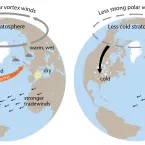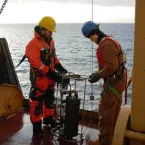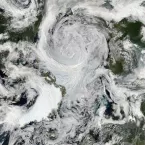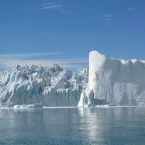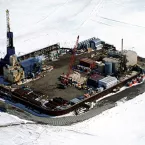Ask a Scientist
These articles provide answers to frequently asked questions related to Earth's frozen realms. Questions range from general background information and detailed science processes to the data gathered and archived at the National Snow and Ice Data Center (NSIDC) and its data management programs including NOAA@NSIDC, the NASA NSIDC Distributed Active Archive Center (DAAC), and the Exchange for Local Observations and Knowledge of the Arctic (ELOKA). If you have a question that is not answered here, please contact NSIDC User Services.
